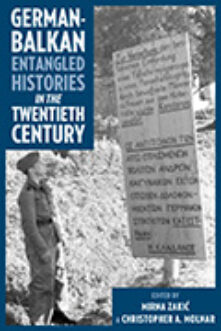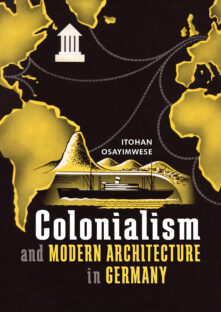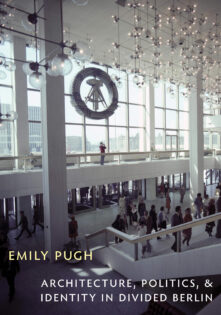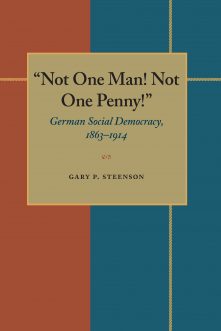History / Europe / Germany
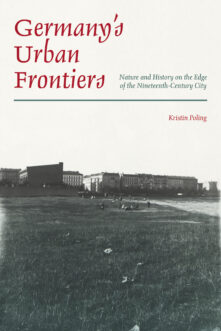

Germany’s Urban Frontiers
Nature and History on the Edge of the Nineteenth-Century City
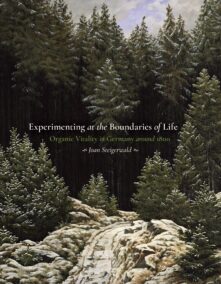

Experimenting at the Boundaries of Life
Organic Vitality in Germany around 1800
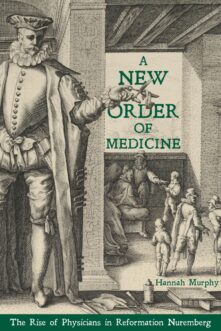

A New Order of Medicine
The Rise of Physicians in Reformation Nuremberg
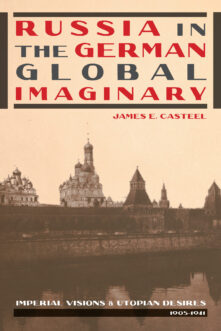

Russia in the German Global Imaginary
Imperial Visions and Utopian Desires, 1905-1941
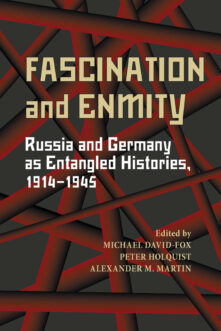

Fascination and Enmity
Russia and Germany as Entangled Histories, 1914–1945
Total 9 results found.


